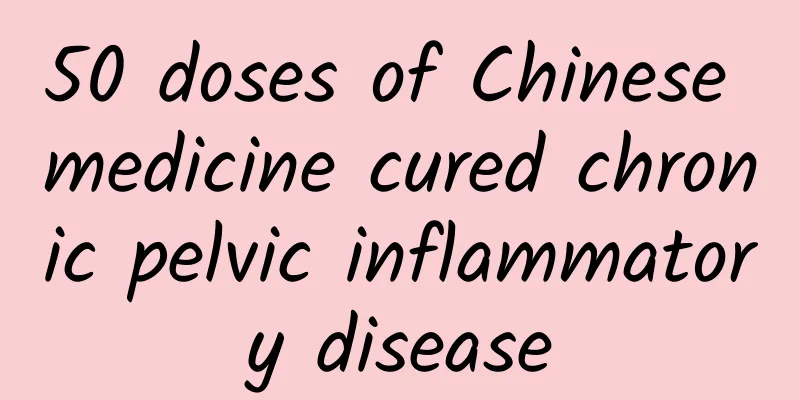Irregular menstruation and vaginal bleeding

|
Irregular menstrual bleeding requires treatment based on the specific cause, which commonly includes endocrine disorders, gynecological diseases or lifestyle issues. Adjusting lifestyle habits, medication or surgical intervention are the main solutions. 1. Endocrine disorders are a common cause of irregular menstruation and vaginal bleeding. Fluctuations in hormone levels, especially imbalances in estrogen and progesterone, can lead to abnormal shedding of the endometrium. It is recommended to assess hormone levels through blood tests and, if necessary, use hormonal drugs such as oral contraceptives, progesterone, or combined estrogen and progesterone therapy. At the same time, maintaining a regular schedule and avoiding excessive stress can help regulate endocrine function. 2. Gynecological diseases such as uterine fibroids, endometriosis or cervical polyps may also cause vaginal bleeding. These diseases can cause abnormal proliferation or damage to the endometrium or cervical tissue. For different diseases, treatments include drug therapy such as gonadotropin-releasing hormone agonists, minimally invasive surgery such as hysteroscopy or traditional surgery such as hysterectomy. Regular gynecological examinations can help early detection and treatment. 3. Lifestyle issues such as excessive dieting, strenuous exercise or long-term stress may also lead to irregular menstruation. These factors affect the body's metabolism and hormone secretion, which in turn affects the menstrual cycle. It is recommended to adjust the diet structure and increase foods rich in iron, vitamin B and protein, such as lean meat, eggs and green leafy vegetables. Moderate exercise such as yoga or walking can help relieve stress and improve physical condition. The causes of irregular menstruation and vaginal bleeding are complex and varied, and targeted treatment is required according to the specific situation. By adjusting lifestyle, taking medication or surgical intervention, symptoms can be effectively improved and health can be restored. If symptoms persist or worsen, you should seek medical attention in time to avoid delaying the condition. |
<<: What medicine to take for uterine fibroids and ovarian cysts
>>: Is cervical hypertrophy and pelvic effusion serious?
Recommend
Give you real deliciousness! First taste of Elevit Yogurt from France
In the post-epidemic era, many people are under t...
What are the symptoms of miscarriage?
What are the symptoms of miscarriage? The main sy...
Symptoms of female vulvar leukoplakia may also be caused by vitiligo
Menopausal women are the main group of people who...
Several causes of adnexitis that are easily overlooked
In real life, some female friends pay great atten...
How to identify chocolate cysts and what are the hazards of chocolate cysts?
With the increasing pressure of life, more and mo...
Women who abstain from sex moderately will recover faster from cervical erosion
Generally speaking, the cure rate of cervical ero...
I feel very hungry after exercise, but eating the wrong food is like wasting time! Don't touch these 4 landmine foods
Some people have similar experiences: they feel v...
What is the main treatment for adnexitis?
Among the many types of adnexitis, uterine adnexi...
What are the symptoms of benign uterine fibroids?
With the continuous development of society, many ...
Save the lower body! Learn to squat properly using a chair or wall
The fundamental skill of exercise lies in the bod...
What women should know about the harm of cervical erosion to women
Do patients with cervical erosion know the danger...
Should I eat meat or vegetables to lose weight? First check the metabolic constitution
I often hear people complain: "Others say th...
4 fat burning superstars! Two-week rapid weight loss tips
June is the graduation season and also the peak w...
What should women do if they have itching down there?
Itching in women's private parts is usually r...
What is the reason for yellow leucorrhea with smell?
What is the reason why vaginal discharge after ab...









